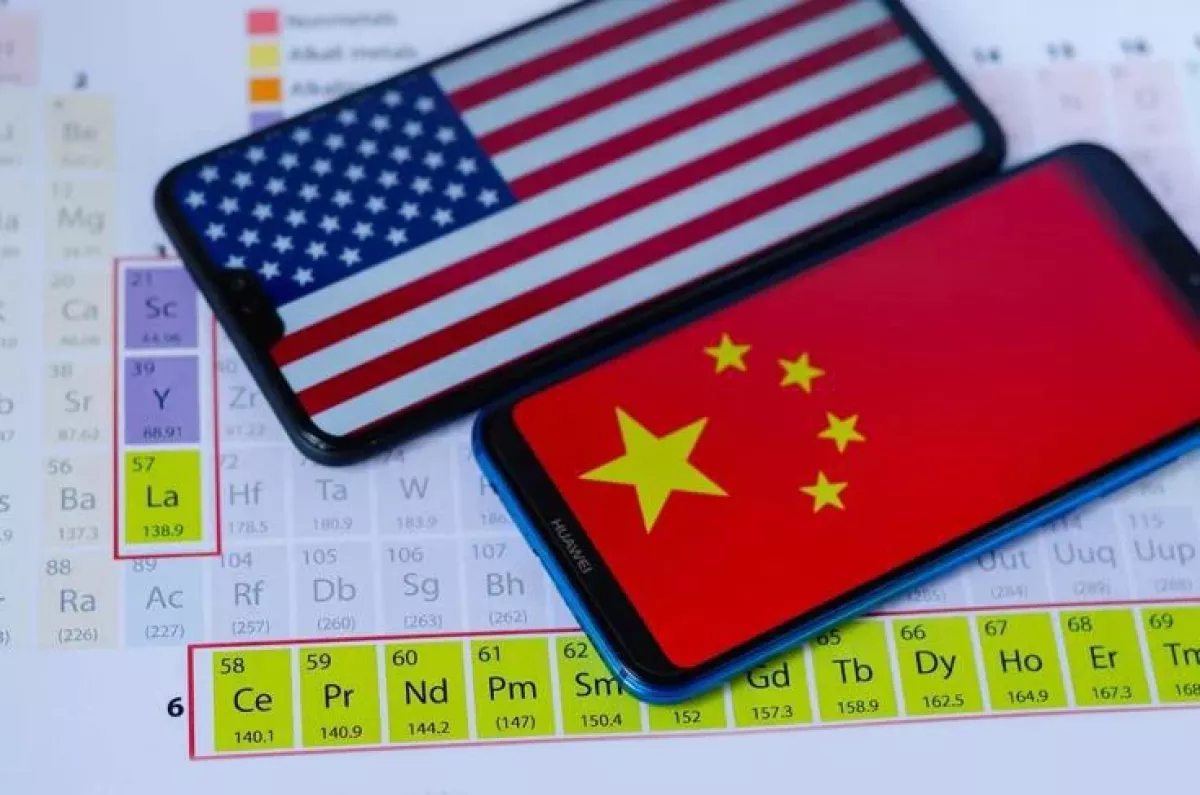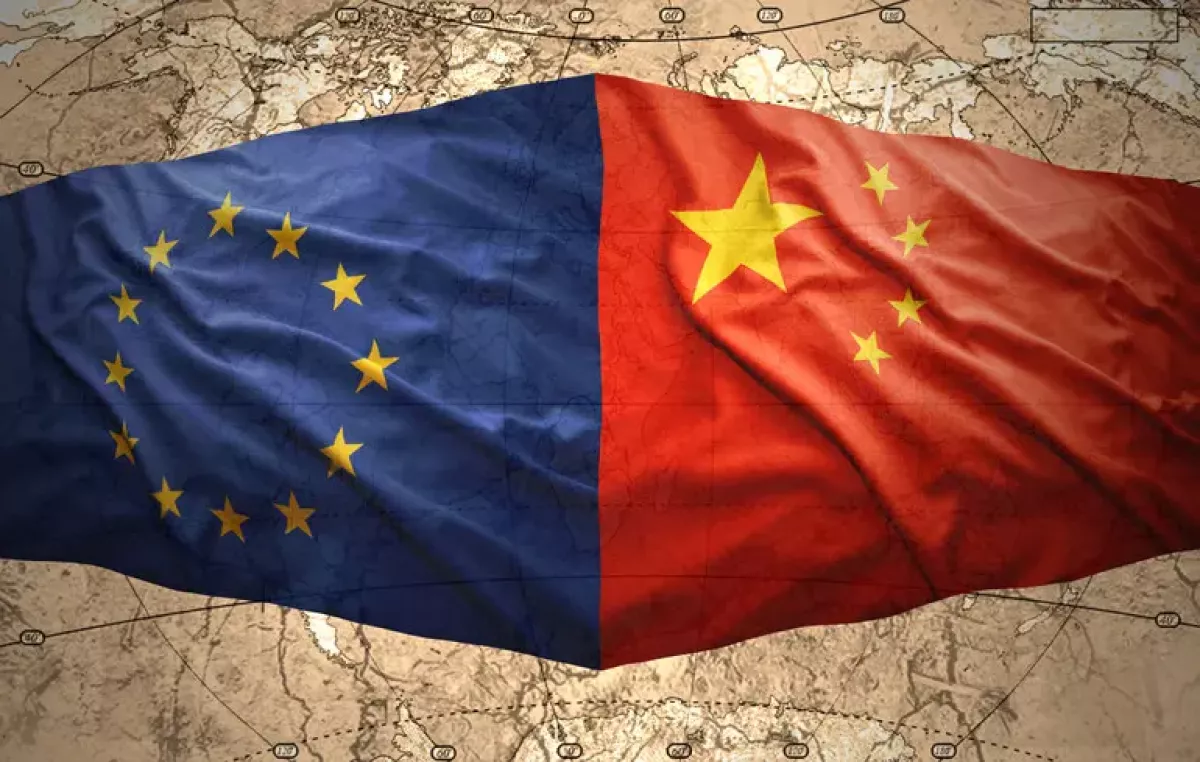West vs. China: the battle for rare earths Beijing holds the cards
China has temporarily lifted its own ban on the export of rare earth metals to the United States. The Chinese Ministry of Commerce has suspended the export licensing ban to the U.S. for “dual-use” goods related to gallium, germanium, antimony, and superhard materials. According to the ministry’s statement, the suspension is effective from November 9 until November 27, 2026.
In addition, the Ministry of Commerce has suspended strict end-user and end-use checks for the export of dual-use graphite to the United States. On November 7, China also announced the suspension of other export control measures introduced earlier (on 9 October), including expanded restrictions on certain other rare earth metals and materials for lithium batteries.
Chinese leader Xi Jinping and U.S. President Donald Trump have agreed to reduce tariffs and suspend the trade war for one year. However, the situation remains uncertain, as the tariff war between the two economic giants has not ended. This is only a temporary suspension of restrictions. It will influence investor decisions worldwide, slow down investments, and contribute to a slowdown in the global economy.

Meanwhile, The New York Times reports on how China’s pressure on the rare earth metals market could undermine Europe’s militarisation and defence-industrial modernisation. The Critical Raw Materials Act, passed in 2024, is designed to foster the development of the European Union’s own mining and processing industry. However, experts believe that a full diversification of Europe’s economy will take 8 to 12 years.
EU countries aim to significantly expand their core military capabilities by 2030. To this end, Brussels is easing budgetary rules and launching a funding programme for defence spending worth hundreds of billions of euros. Yet rare earth metals are crucial for the production of next-generation combat aircraft, submarines, drones, and cruise missiles — all technologies that form the backbone of Europe’s rearmament programmes.
“The end game of China, here, is to slow down the advancement of the United States, and Europe by connection,” said Benedetta Girardi, an analyst at The Hague Centre for Strategic Studies, a think tank. According to European Trade Commissioner Maroš Šefčovič, since the introduction of Chinese export licences, only half of the 2,000 applications from European companies have been reviewed.
It appears that Beijing will temporarily refrain from further tightening control over rare earth exports and may even take steps to accommodate the West. Nevertheless, the very threat itself can be perceived as a serious warning to Europe and the United States. For example, Europe and the U.S. currently cannot quickly replace Chinese supplies of dysprosium or samarium — materials that are key components of ultra-strong magnets capable of withstanding high temperatures. This gives Beijing leverage over military and political decisions made in Washington and Brussels.

During the turbulent 1960s and 1970s, the European working class became “dangerous,” demanding higher wages and sometimes attempting to seize factories. Europe teetered on the brink of civil unrest when 14 million French workers went on strike in May 1968 and took control of factories, continuing operations under their own management. Later, similar — though less widespread — events occurred in Italy, Spain, Portugal, and Greece.
Although these protests were eventually suppressed, they prompted European industrial leaders to consider relocating factories to China and other regions, farther from decision-making centres. Moreover, local workers in these regions could be paid significantly less than their European and American counterparts.
Rare earth elements have become just one of today’s challenges: the West relocated many of its factories to China, turning it into the world’s factory. Now it is reaping the consequences of its own actions: Beijing has grown strong enough to dictate terms.
The Chinese state does not welcome it when the U.S. and the European Union restrict supplies of advanced semiconductors and other critical technologies or attempt to block certain Chinese goods from their markets. As a result, China occasionally forces its opponents into a stark choice: either ease restrictions and tariffs, or face shortages of strategically important products. This is usually followed by a period of negotiation and easing of demands.








